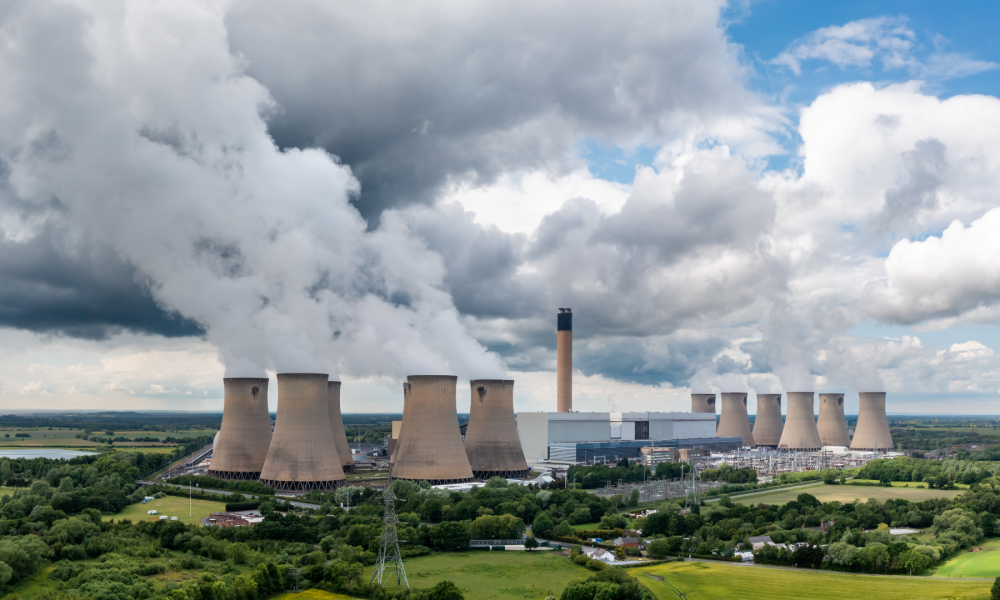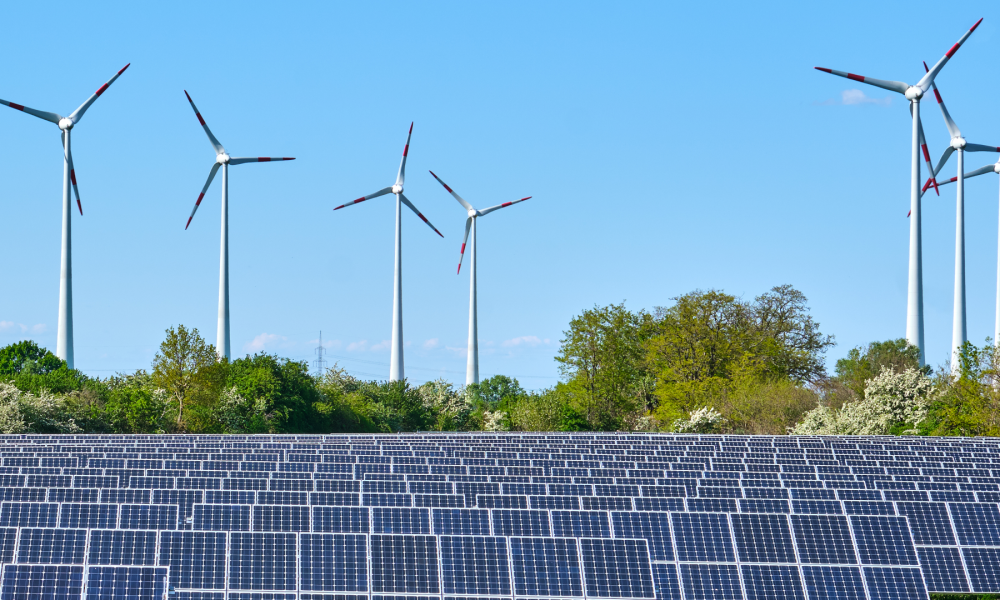
Benefit and Use cases of Blockchain in Energy Sector
BSI – 21/8/2023
The energy sector, a cornerstone of modern society, is undergoing a profound transformation thanks to the integration of blockchain technology. The implementation of blockchain technology in energy sector is reshaping the way energy is produced, distributed, and consumed, leading to increased efficiency, transparency, and sustainability. The energy sector is on the brink of a transformation that could reshape its entire landscape. Blockchain technology is unlocking new possibilities, from decentralized energy trading to enhancing grid stability and supporting renewable energy integration. As the energy sector continues to evolve, the adoption of blockchain technology holds the promise of creating a more sustainable, efficient, and consumer-centric energy ecosystem.

Carbon Credit and Emission Tracking: Blockchain’s transparency can be leveraged to track carbon emissions and verify carbon credits. This supports emission reduction initiatives and ensures accurate reporting, which is crucial for achieving climate goals and participating in carbon markets.
Energy Billing and Settlement: Blockchain simplifies the complex process of energy billing and settlement. Smart contracts automate billing based on real-time energy usage data, eliminating disputes and errors associated with traditional billing systems. This streamlining enhances customer experience and reduces administrative costs.
Grid Stability and Demand Response: Blockchain technology can facilitate demand response programs by allowing appliances and devices to autonomously respond to grid conditions and price signals. This ensures optimal energy utilization during peak and off-peak periods, enhancing grid stability and reducing strain during high-demand times.

Renewable Energy Integration: Blockchain can incentivize the adoption of renewable energy sources by enabling transparent tracking of renewable energy generation and consumption. Consumers can easily verify that the energy they are using comes from clean sources, fostering sustainable practices and reducing carbon footprints.
Decentralized Energy Trading: Blockchain’s decentralized nature enables the creation of peer-to-peer energy trading platforms. Producers and consumers can directly exchange energy, bypassing traditional intermediaries. Smart contracts ensure automatic execution of transactions once predefined conditions are met, making energy trading more efficient, cost-effective, and accessible.
Enhanced Energy Traceability: Blockchain’s transparent and immutable ledger ensures that every step of the energy supply chain is securely recorded. This traceability helps in verifying the source and journey of energy, promoting greater accountability and reducing the risk of fraud or misinformation.
Grid Management and Efficiency: Blockchain-based microgrids enable localized energy production and consumption. These microgrids can enhance energy efficiency by optimizing energy distribution, reducing transmission losses, and enabling real-time load balancing. This technology paves the way for a more resilient and reliable energy grid.

Data Security and Privacy: Energy data is sensitive and valuable. Blockchain’s cryptographic security and decentralized architecture enhance data protection, ensuring that energy usage data is securely stored and shared only with authorized parties, enhancing customer privacy.
Build Your Blockchain-powered Energy Solution with Business Software India
Being one of the early adopters of Blockchain technology, Business Software India can develop efficient business solution for the energy sector in blockchain technology. From fostering transparency and efficiency in energy trading to optimizing grid management and enabling the integration of renewable sources, Business Software India develop promising blockchain software to reshape the energy landscape. As the world moves towards a more sustainable future, embracing blockchain innovation in the energy sector can contribute to a greener, more secure, and resilient energy ecosystem.


Recent Comments